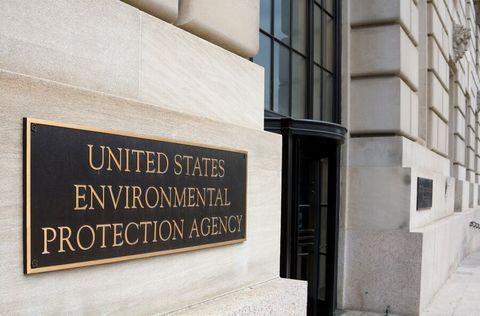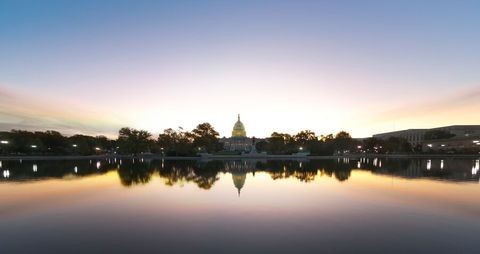Tara M. Derbisz
Overview
As a former federal prosecutor and experienced trial lawyer, Tara brings a wealth of litigation experience to Crowell & Moring’s Environment and Natural Resources Group.
Prior to joining Crowell & Moring, Tara practiced as a Trial Attorney within the Environment and Natural Resources Division of the U.S. Department of Justice, where she served as first-chair counsel in natural resources litigation involving the Fifth Amendment’s Takings Clause and contracts issues before the Court of Federal Claims. Additionally, she previously served as an Assistant U.S. Attorney for the District of Alaska, and a Special Assistant U.S. Attorney for the District of Columbia, where she tried dozens of federal criminal matters.
Career & Education
- Department of Justice: Environment and Natural Resources Division
Trial Attorney, 2024
- Department of Justice: United States Attorneys' Office
Assistant U.S. Attorney, U.S. Attorney’s Office for the District of Alaska, 2022–2024
Special Assistant U.S. Attorney, U.S. Attorney’s Office for the District of Columbia, 2023
- Department of Justice: Environment and Natural Resources Division
- Senior Government Relations Legislative Analyst, Defenders of Wildlife, 2018–2020
- Litigation Fellow, The Humane Society of the United States, 2017–2018
- University of Maryland, College Park, B.A., in Criminology and Criminal Justice, 2014
- Georgetown University Law Center, J.D., 2017
- Georgetown University Walsh School of Foreign Service, Certificate in Refugee and Humanitarian Emergencies, 2017
- District of Columbia
- U.S. Court of Federal Claims
- U.S. District Court for the District of Alaska
- U.S. District Court for the Eastern District of Wisconsin
- U.S. Court of Appeals for the Ninth Circuit
- Career Judicial Law Clerk, U.S. District Court for the District of Alaska, 2020–2022
- D.C. Bar
- American Bar Association
- Federal Circuit Bar Association
- Georgetown Environmental Law Review: Managing Editor, 2017
Tara's Insights
Client Alert | 2 min read | 09.30.25
CARB Issues Preliminary List of Entities Covered by California Climate Disclosure Laws
On September 24, 2025, the California Air Resources Board (“CARB”) issued a preliminary list of reporting/covered entities under California’s climate disclosure laws SB 253 (the Climate Corporate Data Accountability Act) and SB 261 (the Climate-Related Financial Risk Act) (the “Climate Disclosure Laws”) (both as modified by SB 219).
Client Alert | 2 min read | 09.23.25
The Other PFAS Shoe Drops: EPA Will Retain and Defend Its CERCLA PFAS Regulation
Client Alert | 4 min read | 09.16.25
Client Alert | 7 min read | 09.08.25
California’s Climate Disclosure Laws Continue to Roll Forward
Insights
Tara's Insights
Client Alert | 2 min read | 09.30.25
CARB Issues Preliminary List of Entities Covered by California Climate Disclosure Laws
On September 24, 2025, the California Air Resources Board (“CARB”) issued a preliminary list of reporting/covered entities under California’s climate disclosure laws SB 253 (the Climate Corporate Data Accountability Act) and SB 261 (the Climate-Related Financial Risk Act) (the “Climate Disclosure Laws”) (both as modified by SB 219).
Client Alert | 2 min read | 09.23.25
The Other PFAS Shoe Drops: EPA Will Retain and Defend Its CERCLA PFAS Regulation
Client Alert | 4 min read | 09.16.25
Client Alert | 7 min read | 09.08.25
California’s Climate Disclosure Laws Continue to Roll Forward






